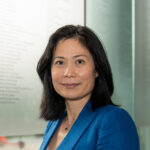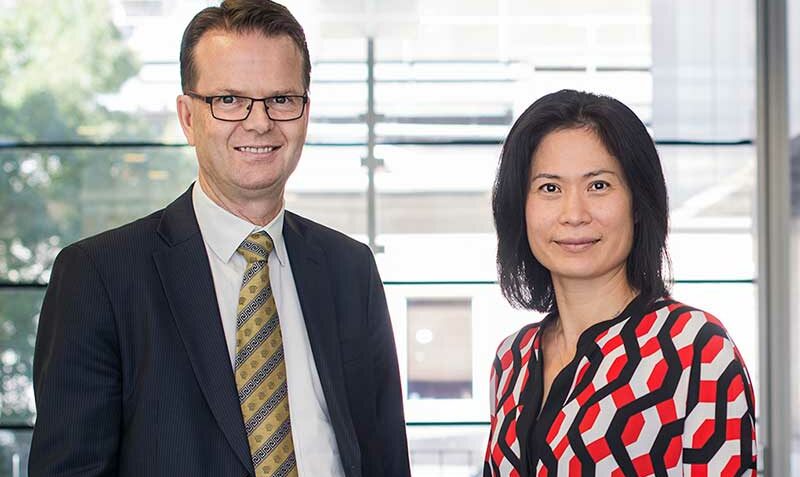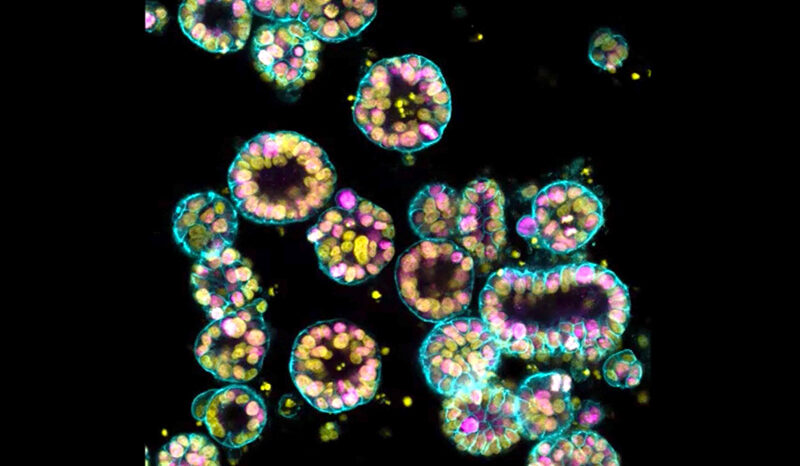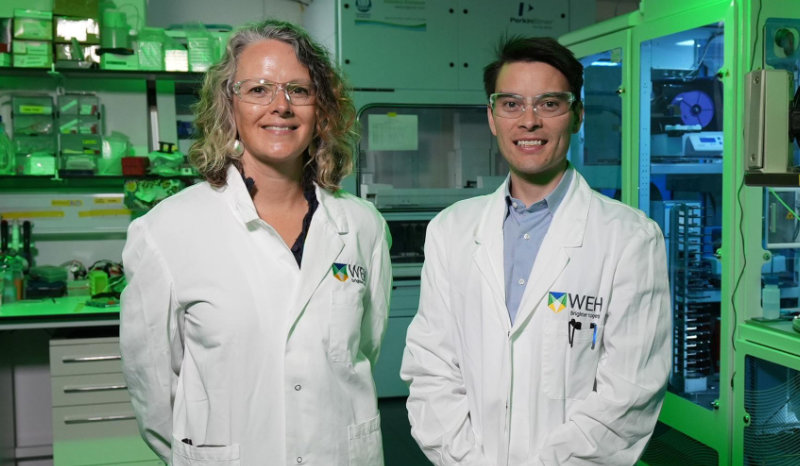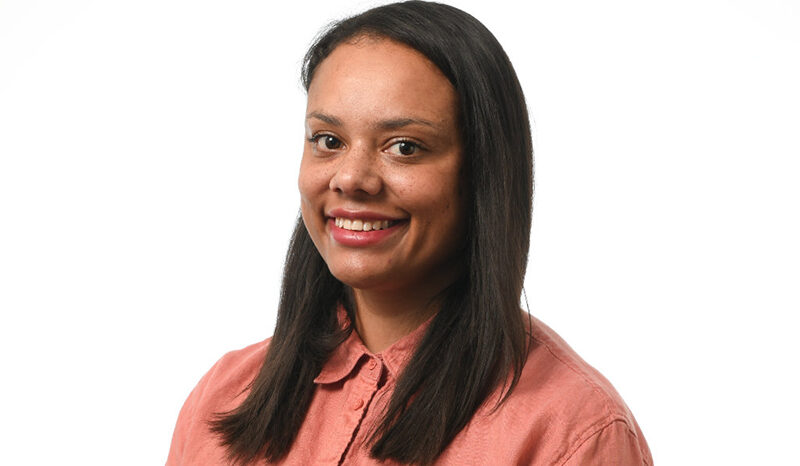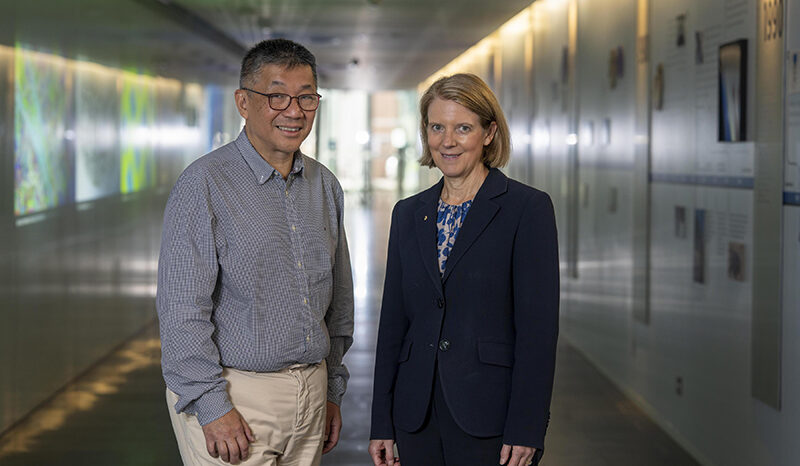Jeanne
I’m a senior clinical research fellow at WEHI and a consultant medical oncologist at Peter MacCallum Cancer Centre.
I first met Peter, current co-division head of Personalised Oncology at WEHI and medical oncologist at Western Health, in 2007. At the time, I was a trial fellow at the Royal Melbourne Hospital, where he was a clinician.
Four years later, while I was working at the Royal Melbourne Hospital and Western Health in the colorectal clinic, I initiated clinical trials using ‘liquid biopsy’ under Peter’s mentoring.
Liquid biopsy is a blood test that can screen for tiny amounts of key proteins and gene mutations present in cancer.
It can be used to diagnose cancers before they cause any symptoms and when the chance of cure is highest.
More recently Peter and I have worked together to demonstrate the value of a liquid biopsy test taken after successful colon cancer surgery. In a clinical trial that was co-led by WEHI and Johns Hopkins Kimmel Cancer Centre in the US, we used this blood test to detect if patients still have any microscopic cancer left behind after surgery.
We used that result – measuring what’s known as ‘circulating tumour DNA’ – to identify patients that need chemotherapy and those that can be safely spared treatment.
The DYNAMIC study compared two groups of patients: one whose treatment was guided by the new blood test, and the other that followed our current standard, which relies solely on pathology.
The trial demonstrated that by using the blood test we reduced the number of patients needing chemotherapy by almost half, without compromising the cancer outcome. It was a collaborative effort, with 23 hospitals from across Australia enrolling 455 patients for this world-first clinical trial.
Both Peter and I have a similar vision where we like to do challenging things, identify clinical gaps and create impact in patient care. We knew that this body of work was going to take a long time, but that it was going to make a difference to people’s lives.
Peter is a great mentor and is always so positive, resilient and optimistic. His feedback and our ability to critique each other’s work in a constructive way is very helpful for growth as a researcher and clinician.
I couldn’t have done what I’ve done without the support that he’s provided and the infrastructure within the lab to support all the work.



